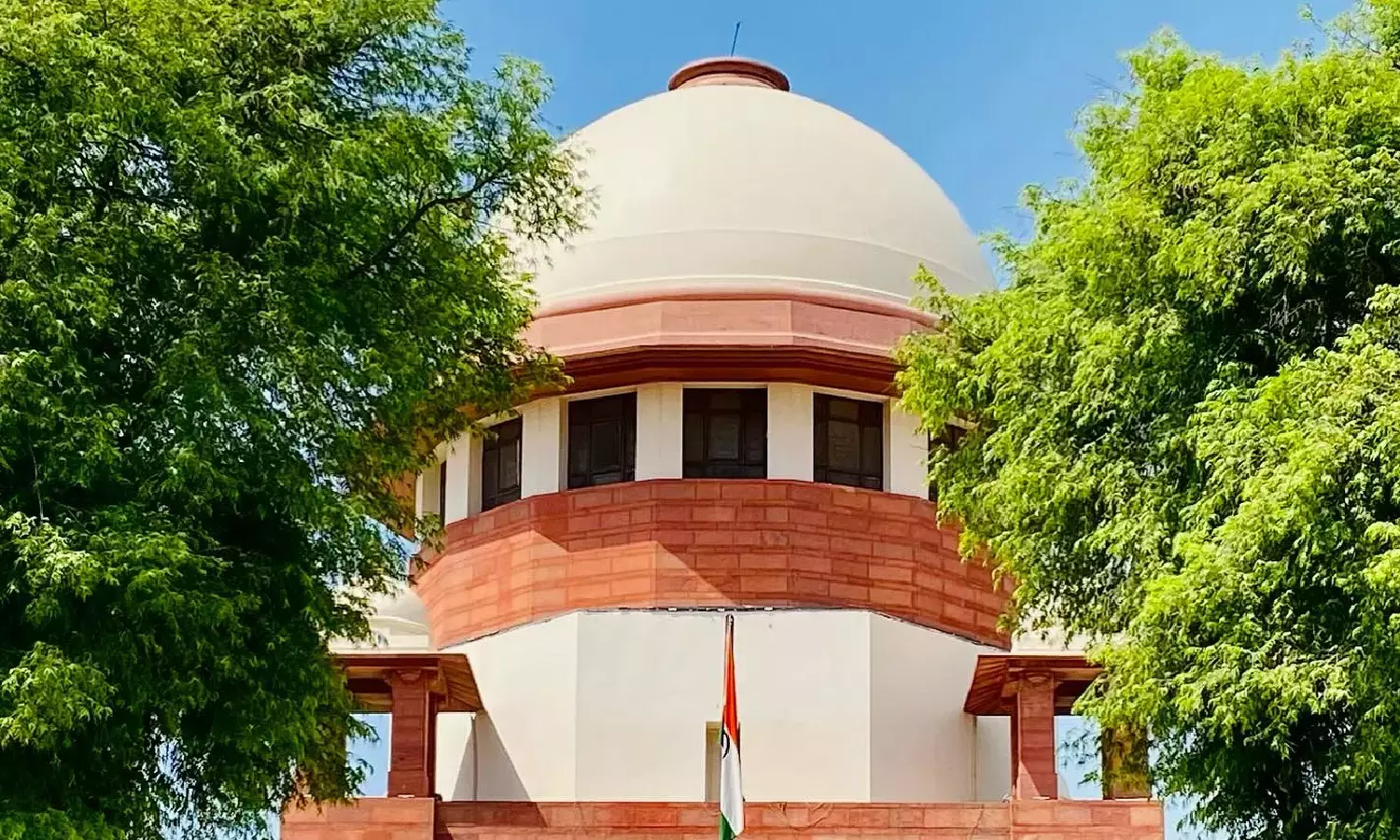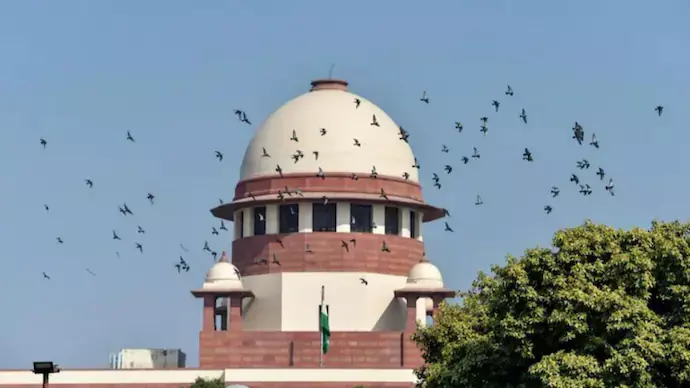
Secret recordings between spouses admissible in matrimonial cases: SC
text_fieldsNew Delhi: The Supreme Court on Monday ruled that secretly recorded conversations between spouses can be admitted as evidence in matrimonial cases, stating that such recordings reflect a lack of trust and are, in themselves, indicative of a broken relationship.
A bench comprising Justices B V Nagarathna and Satish Chandra Sharma passed the ruling while setting aside a judgment by the Punjab and Haryana High Court. The high court had earlier held that secret recordings between spouses are protected under Section 122 of the Indian Evidence Act and therefore cannot be used in judicial proceedings.
Restoring the trial court's decision, the apex court observed that recorded conversations may be considered during matrimonial proceedings and directed the family court to proceed with the case accordingly, taking judicial note of the recordings.
The case arose from a Family Court ruling in Bathinda, where a husband was allowed to present a compact disc containing secretly recorded phone conversations with his wife to support his allegations of cruelty. The wife challenged this in the high court, arguing that the recordings were made without her consent and violated her right to privacy.
The high court sided with the wife, declaring the recordings inadmissible on the grounds that they amounted to a clear breach of privacy and were legally unjustified. However, the Supreme Court took a different view.
Justice Nagarathna, delivering the court's opinion, rejected arguments that admitting such evidence would threaten domestic harmony and encourage intrusive surveillance between spouses. “We don't think such an argument is tenable. If the marriage has reached a stage where spouses are actively snooping on each other, that is in itself a symptom of a broken relationship and denotes a lack of trust between them,” she said.
The court further clarified that in such cases, the act of recording does not stand in contradiction to the objective of Section 122 of the Evidence Act. Section 122 provides that no person who is or has been married shall be compelled to disclose any communication made during marriage by their spouse.
The Supreme Court held that while the provision protects certain communications, it does not necessarily exclude secretly recorded conversations from being admitted in court under relevant circumstances, especially when the recordings are central to establishing facts in a matrimonial dispute.
The detailed judgment is awaited.
With PTI inputs













